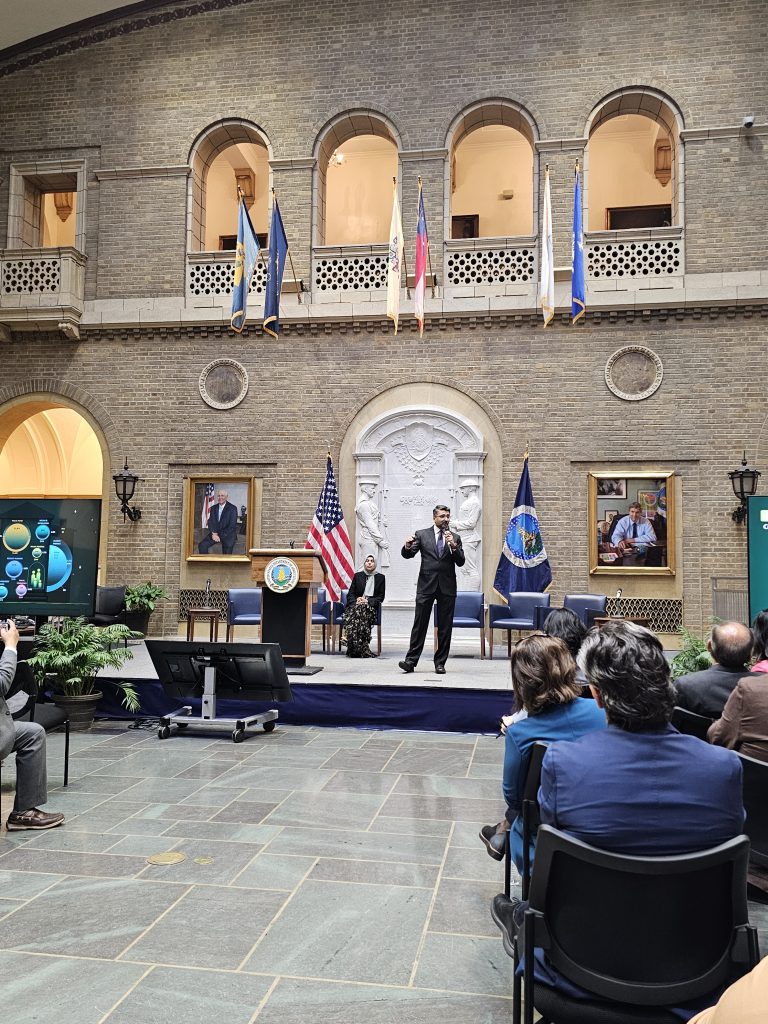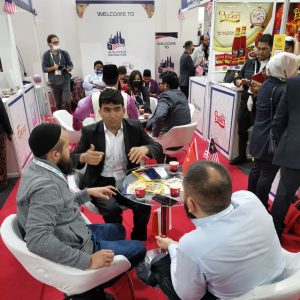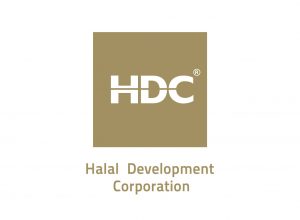By Sonia K.
Bandar Seri
Begawan – Policy needs such as science and scientific
application cannot resolve all problems in penetrating the global
Halal market. Economics and business elements such as market
knowledge, consumer behaviour knowledge, knowledge on regulatory
framework in the export markets are crucial factors to be considered
to take the Brunei Halal industry forward.
|
Speakers from Malaysia made some recommendations for Brunei Darussalam’s fledgling Halal food industry to pick up pace. Mr The presenters said that the They said globalisation of the
|
|
They added that the Halal food industry is not a ‘single’ market. It is a fragmented market where every country/ region has its own characteristics. Thus, the one size fits all strategy cannot, and will not work. |
As Brunei Halal Brand’s policy is
already launched, the most pressing issue now is how the master plan
and the most effective implementation level can be attained, the
academicians said while adding the master plan must encompass the
reality of today’s Halal food market in different regions/countries
and consumer behaviour.
A good policy needs a good master
plan and implementation strategy and programme, they added.
As there has been a recent interest
in penetrating the global Halal food market by several countries,
especially in Malaysia, Brunei Darussalam, Thailand and the
Philippines, Universiti Brunei Darussalam invited the two
academicians from the University of Malaya in Kuala Lumpur to share
their studies on the global Halal food market.
The elements behind this growth,
they said were ‘Super-Production’ by large exporting countries; rise
in disposable incomes in the (consumers of) importing countries;
increase in awareness level and; Islamic countries have become the
largest food importers.
In the presentation
, the speakers
said approximately 70 per cent of the total exports of frozen whole
chicken from Brazil (estimated at 1.05 million MT) are Halal-certified.
On top of that, about 90 per cent of the products are purchased by
Middle East buyers.
Their presentation showed that
between 30 and 32 per cent of total exports of frozen beef from
Brazil is Halal-certified. France is the largest exporter of Halal
chicken meat in Europe, at about 110,000 MT. Of this amount, 75 per
cent of the total exports are Halal-certified products.
They went on to note that the
United States is the third largest beef exporter in the world, where
more than 80 per cent of it’s frozen beef are exported as Halal-certified
products to a number of Muslim-majority countries.
Speaking on the position of the
Muslim countries, Mr Irfan said, 50 out of 57 OIC member countries
are dependent on imported Halal meat products.
Their studies have also found that
over the period of 20 years, the dependency has increased and the
trade deficits in food products are also on the rise.
They provided an example where in
Malaysia the Halal meat and meat-based products trade deficit has
grown from about RM150-200 million in 1998 to more than RM1.1
billion in 2007. —
Courtesy of Borneo Bulletin




